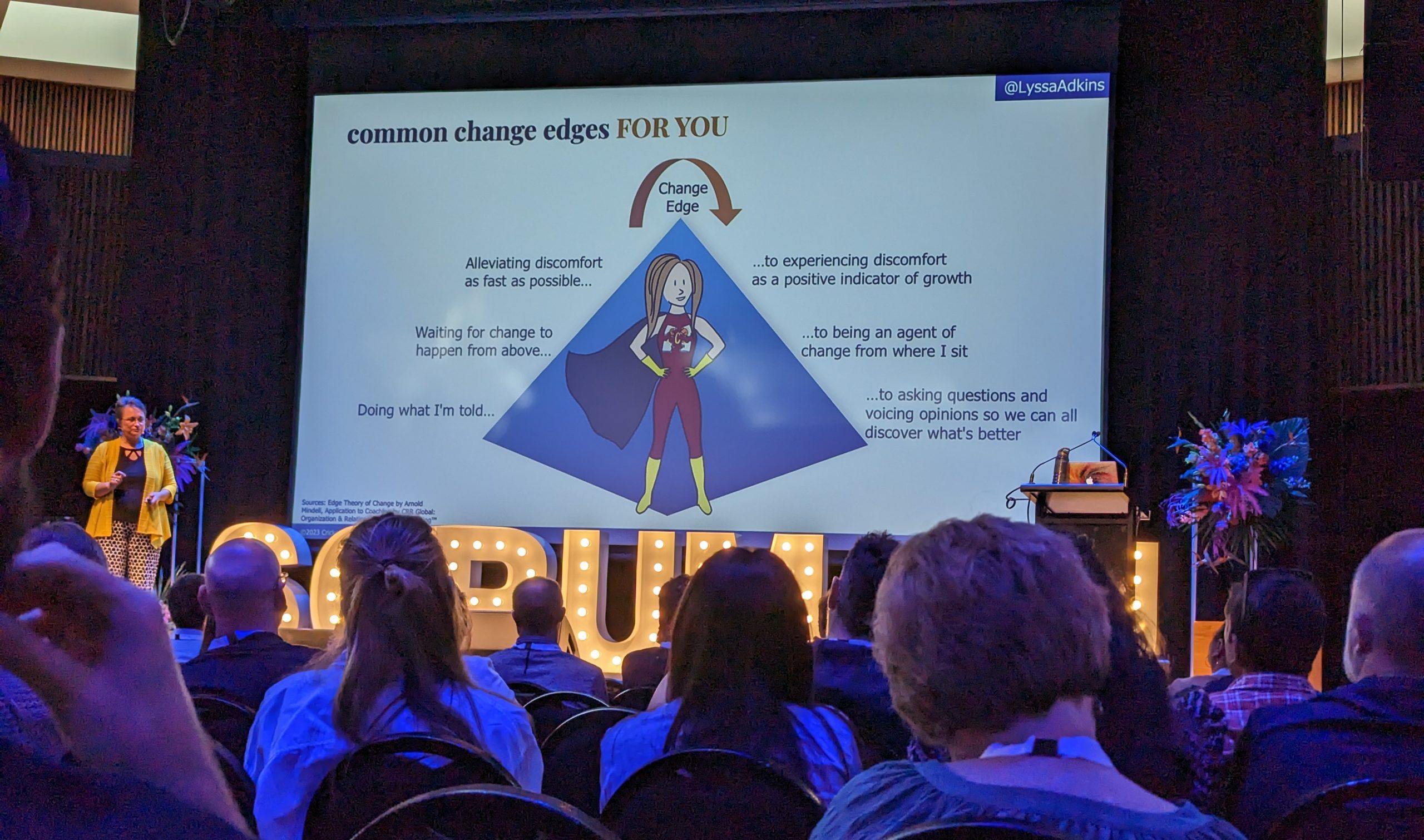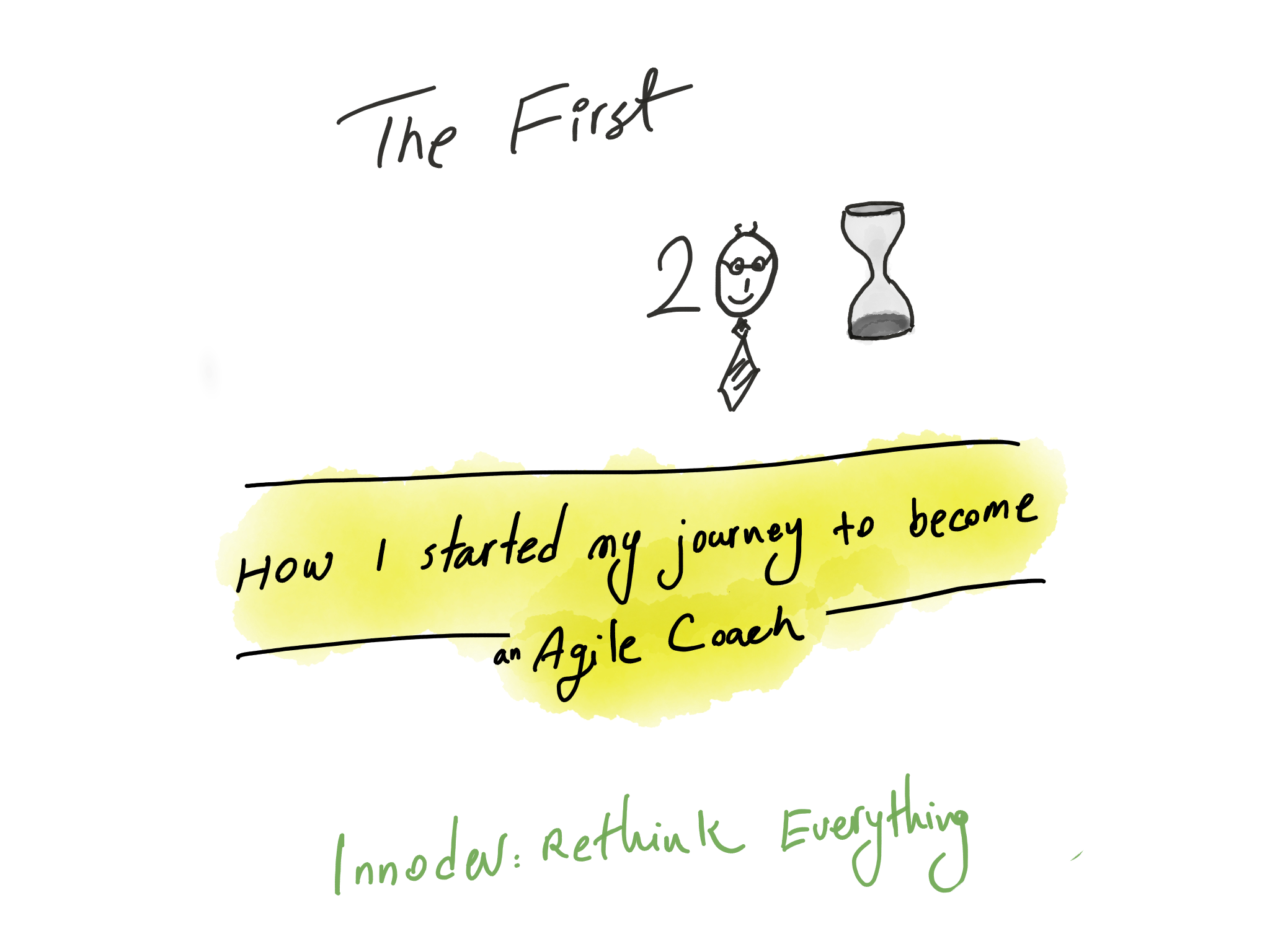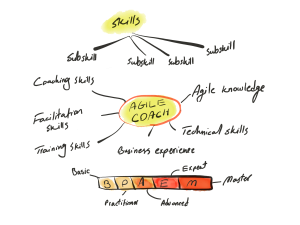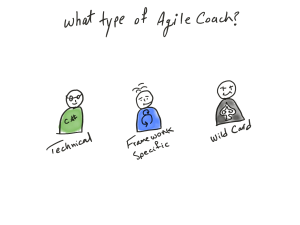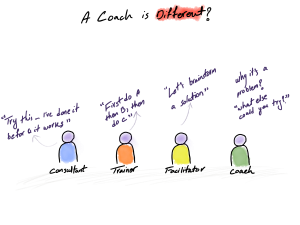Scrum Australia Presentation
The First 20 Hours of My Journey to Become an Agile Coach
This post originally is posted on Innovdev’s blog page.
Five years ago, when I came to Australia, I found it really challenging to strike up a casual conversation without putting myself into trouble, leaving a sentence half-finished or misusing a phrase. Once in a business meeting, I unknowingly used the phrase ‘turned on’ instead of ‘switched on’. It was a funny moment; everyone laughed except me, I was embarrassed when I found out about what I have said. It takes courage and tenacity to learn a new skill. And this applies to any skill personal or professional, individual or organisational.
At some stage in our lives, we stop trying new things. Pause for a second and recall an art or skill you always wanted to learn or try but you have avoided it for various reasons like, I am too old for this or this is not me or I am not good at this. We do not like to fail, nobody rewards failing. And when you start learning a new skill all you are good at is failing, while you have already tasted the sweetness of winning in other areas.
While skills acquisition is a challenging task there are good frameworks and practices which can help us to systematically improve the way we learn. In this blog I have used a skills acquisition technique to improve my learning experience in the context of agile coaching. ‘The first twenty hours: How to learn anything fast’ is a book by Josh Kaufman a New York Times bestseller author which talks about a rapid skills acquisition framework he uses for his learning activities. I was not specifically looking for a rapid approach but an effective one and found the book helpful.
The framework provides ten principles for acquiring any skill and I used them as a checklist to start my journey into becoming an agile coach. I will cover a few of the principles which I applied to my project:
- Choose a loveable project
- Focus your energy on one skill at a time
- Define your target performance level
- Deconstruct the skill into subskills
- Obtain critical tools
- Eliminate barriers to practice
- Make dedicated time for practice
- Create fast feedback loops
- Practice by the clock in short bursts
- Emphasise on quantity and speed
Since being an agile coach was a big goal for me to achieve I tried to deconstruct it into subskills and here is my attempt:
As you can see there are six knowledge areas that I need to cover, and each area has its own performance level. First stop was the coaching skill which was my favourite one. The target performance level for an agile coach can be looked at from multiple angles but I managed to define a good definition with the help of the Google almighty:
- Understand the role of a coach vs. mentor or advisor
- Provide adhoc coaching within my team
- Follow simple coaching model to help people
- Adapt coaching style to situation and coach executives
- Coaching in other areas and coach C-level executives
Then I found out that there are multiple styles of agile coaches with different focuses based on personal preference or background:
While I do have a technical background, my focus tends to be on the people side of the agile coaching, so I thought I wanted to try the wild card agile coach, who uses different frameworks as tools for each situation. You might want to focus on one single framework and become an expert in one area, which to me is a perfect strategy for someone who wants to get involved with the detailed implementation of a framework.
I then started to educate myself to become a coach. It is critical to understand that being a coach is different to being a consultant, trainer or a facilitator. I have tried to briefly touch on their difference in the below image:
The next step was to ‘obtain critical tools’. Now when it comes to gathering tools we always tend to over-do it! We usually overload ourselves with many books and start multiple online courses and read about many frameworks. The key for me was to find just a handful of tools to start my learning and then after mastering those move on to the next set. I have always enjoyed listening to podcasts for entertainment and learning. They are convenient for a modern lifestyle and can be a great learning media if you learn how to use them effectively. ‘The Agile Podcast Network’ is my favourite group of channels which cover a range of topics from product ownership to the human side of agile.
There is a lot more to the agile coaching skills. If you are interested in reading more about the rest of the steps in ‘the first twenty hours’ framework, have a look at the slides from a presentation I have put together:
<iframe src=”//www.slideshare.net/slideshow/embed_code/key/9OuTacavUBo4aL” width=”595″ height=”485″ frameborder=”0″ marginwidth=”0″ marginheight=”0″ scrolling=”no” style=”border:1px solid #CCC; border-width:1px; margin-bottom:5px; max-width: 100%;” allowfullscreen> </iframe> <div style=”margin-bottom:5px”>
Podcasts! A list of my favourites
Podcasts are a source of inspiration and education
I can definitely say podcasts have had a big impact on my personal and professional life. When I was in Iran one of the sources of unfiltered truth available to me were podcasts. I still learn a lot from listening to podcasts while commuting to work.
I will update this post regularly whenever I find something interesting for you guys. So here is my list:
The danger of a single story
We came across this wonderful video from TED.com about the importance of having different stories from different countries and places. Our lives, our cultures, are composed of many overlapping stories. Novelist Chimamanda Adichie tells the story of how she found her authentic cultural voice and warns that if we hear only a single story about another person or country, we risk a critical misunderstanding.
